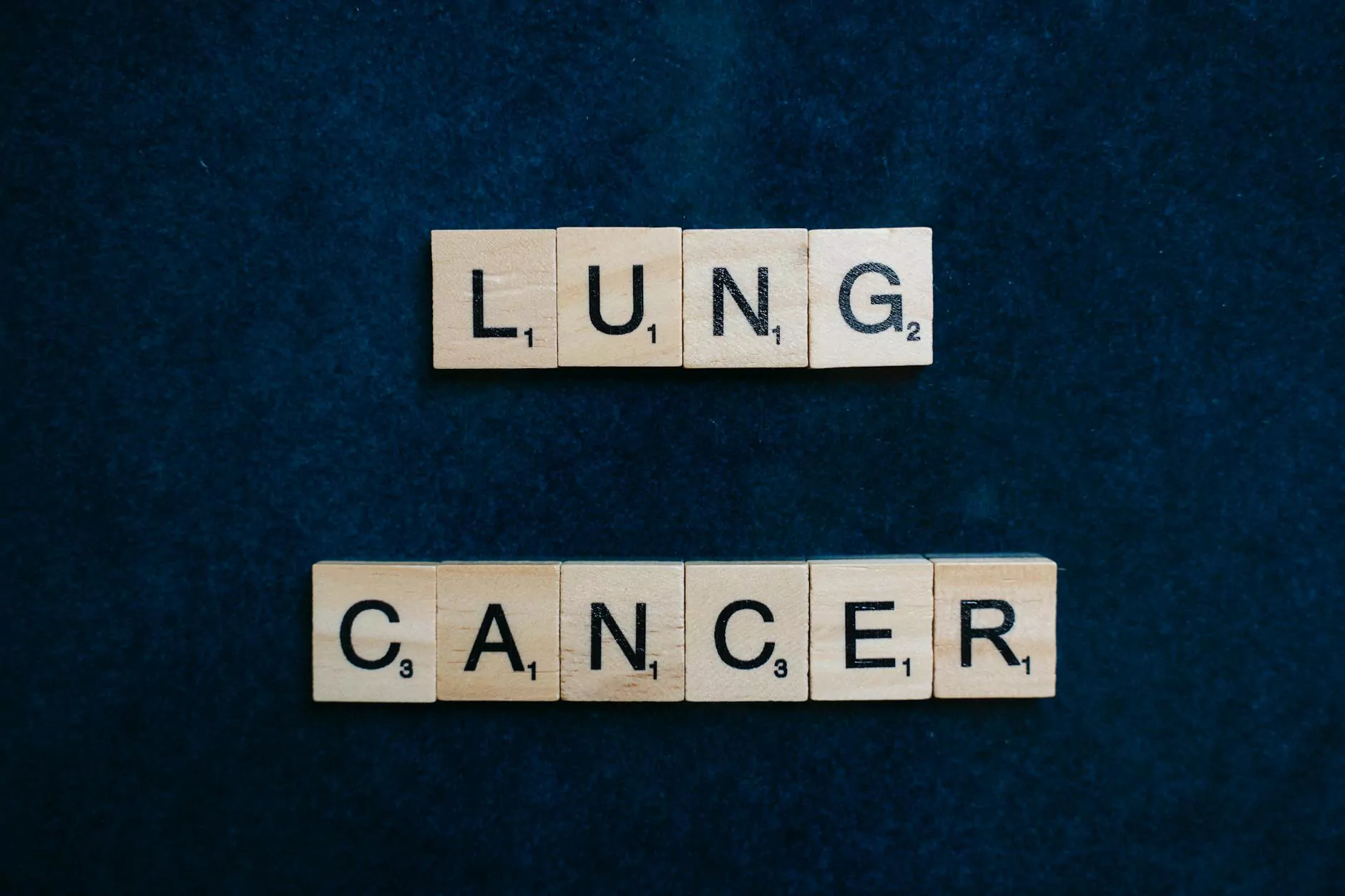The Mystery of the Most Common Lung Cancer in Non-Smokers

As we delve into the realm of lung cancer, a topic widely discussed in the medical field, there's a particular type of lung cancer that stands out - the most common lung cancer in non-smokers. Despite the common misconception that only smokers are susceptible to lung cancer, a significant portion of non-smokers are also at risk.
What is the Most Common Lung Cancer in Non-Smokers?
The most common lung cancer in non-smokers is known as adenocarcinoma. This type of lung cancer develops in the outer portion of the lung and is the predominant form of lung cancer among non-smokers. Adenocarcinoma is characterized by the formation of tumors in the lungs, which can potentially spread to other parts of the body if not detected and treated early.
Understanding the Risk Factors
While smoking remains the primary risk factor for lung cancer, non-smokers are not entirely immune to this disease. Various factors contribute to the development of lung cancer in non-smokers, such as exposure to secondhand smoke, environmental toxins, radon gas, and genetic predisposition. It is crucial to be aware of these risk factors and take preventive measures to minimize the chances of developing lung cancer.
Genetic Predisposition
Individuals with a family history of lung cancer may have a higher susceptibility to developing the most common lung cancer in non-smokers. Genetic factors play a significant role in determining an individual's risk of developing lung cancer, even in the absence of smoking.
Environmental Toxins
Exposure to environmental toxins, such as asbestos and air pollution, can increase the risk of developing lung cancer in non-smokers. It is essential to limit exposure to these harmful substances and ensure a clean and healthy environment to reduce the risk of lung cancer.
Detection and Treatment
Early detection of the most common lung cancer in non-smokers is paramount in improving the prognosis and increasing the chances of successful treatment. Regular screenings, such as CT scans and chest X-rays, can help identify lung cancer at an early stage when it is most treatable.
Treatment Options
Once diagnosed with lung cancer, non-smokers have various treatment options available, including surgery, chemotherapy, radiation therapy, targeted therapy, and immunotherapy. The choice of treatment depends on the stage of cancer, overall health condition, and individual preferences.
Neumark Surgery - Your Trusted Partner in Healthcare
At Neumark Surgery, we prioritize the health and well-being of our patients, offering advanced medical services in the fields of Doctors, Medical Centers, and Plastic Surgeons. Our team of experienced professionals is dedicated to providing personalized care and innovative treatments to address various medical conditions, including the most common lung cancer in non-smokers.
Don't let the fear of the unknown hold you back. Take charge of your health and schedule a consultation with Neumark Surgery today.
For more information, visit Neumark Surgery.
most common lung cancer in non smokers








